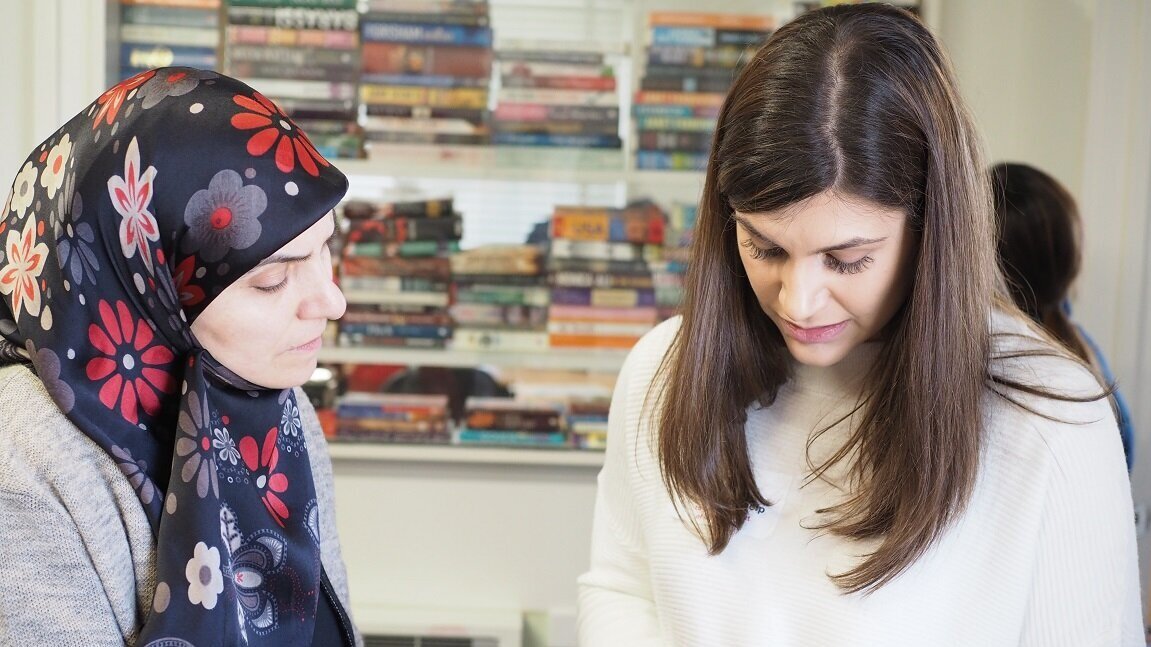
Digital Inclusion
The world has shifted in 2020 to a much greater reliance on digital technology. We use devices for work, education, entertainment, health care, accessing services and socialising with family and friends. There are many people who do not have devices, data or digital skills to enable them to participate in the online world.
The North East Neighbourhood House Network is working to address issues we see in our communities including a lack of affordable access to the internet and devices, and a lack of digital skills and e-safety awareness among vulnerable groups.
Urgent internet access for public housing tenants
Community members without reliable access to the internet have been severely impacted by COVID-19. The digital divide means many people are unable to participate fully in society, with serious impacts on individual and public health, safety and well-being.
Public housing residents have been particularly hard-hit by recent lockdowns, which led to a breakdown of the usual support mechanisms in their communities.
North East Neighbourhood House Network is a member of Community Agencies for Digital Inclusion (CADI) - a network of organisations across Melbourne working to achieve affordable, reliable internet access for vulnerable community members.
It’s absolutely critical that public housing tenants have high-speed, reliable, affordable internet access, and the infrastructure needed to make that possible.
Be Connected project
During our recent Be Connected Capacity Building project, NENHN recruited and trained 114 Digital Mentors who are now equipped to support older Australians with their digital skills.
We worked closely with member Neighbourhood Houses and Local Government teams, assisting them to explore and implement Be Connected programs and access a range of fantastic free resources.
As the COVID-19 emergency took hold, we were able
to support Neighbourhood House staff and volunteers with digital skills so that they could get their classes and groups online as quickly as possible and keep their participants engaged.
We also moved quickly to establish online Digital Mentor training. We were able to leverage the availability of volunteers and staff who had been displaced by COVID-19 and were looking for a safe way to volunteer.
Our Digital Mentors have been supporting vulnerable people over the phone during lockdown – helping them to use technology so that they can stay in touch with their friends and family, apply for jobs, shop online for essentials, access government supports, and in one case – even attend a funeral online via Zoom.
This website has a library of free resources for people to build their digital skills.

